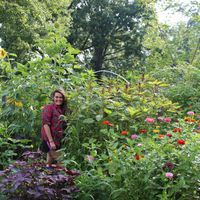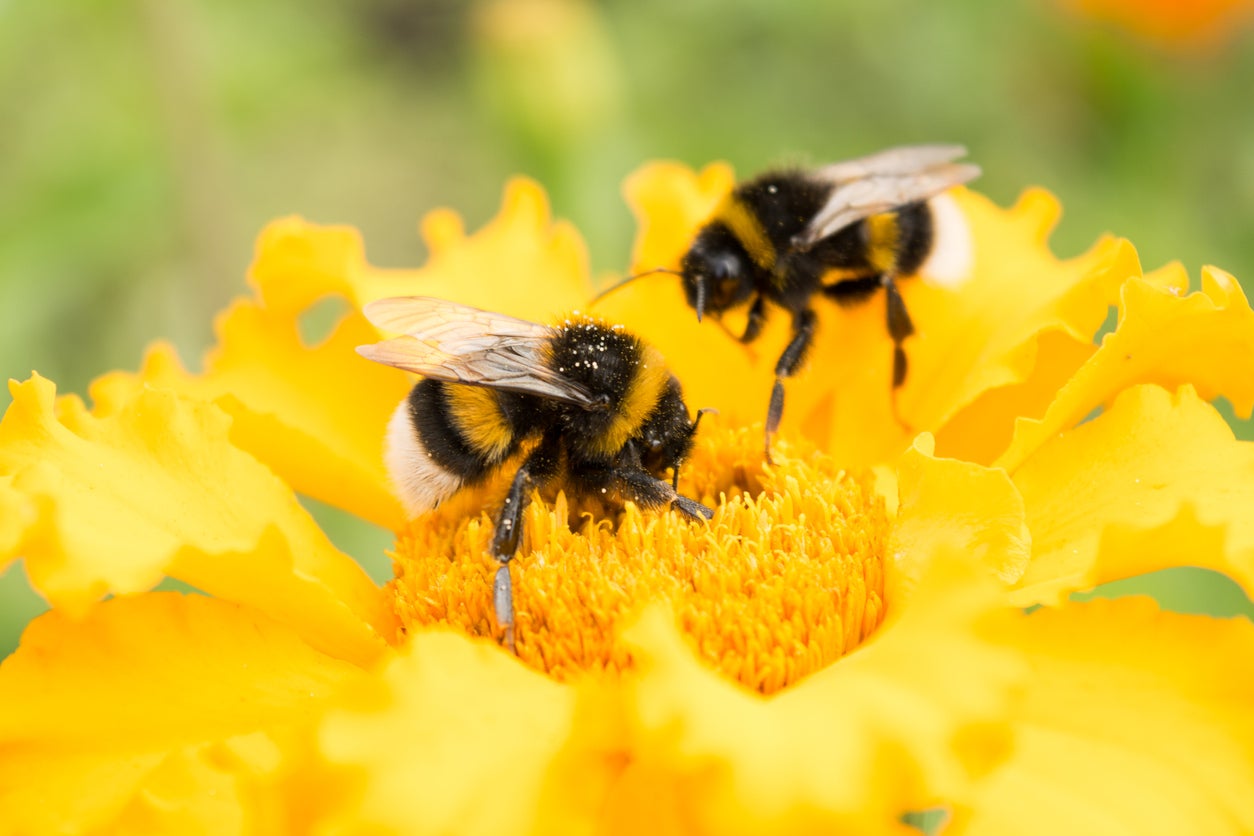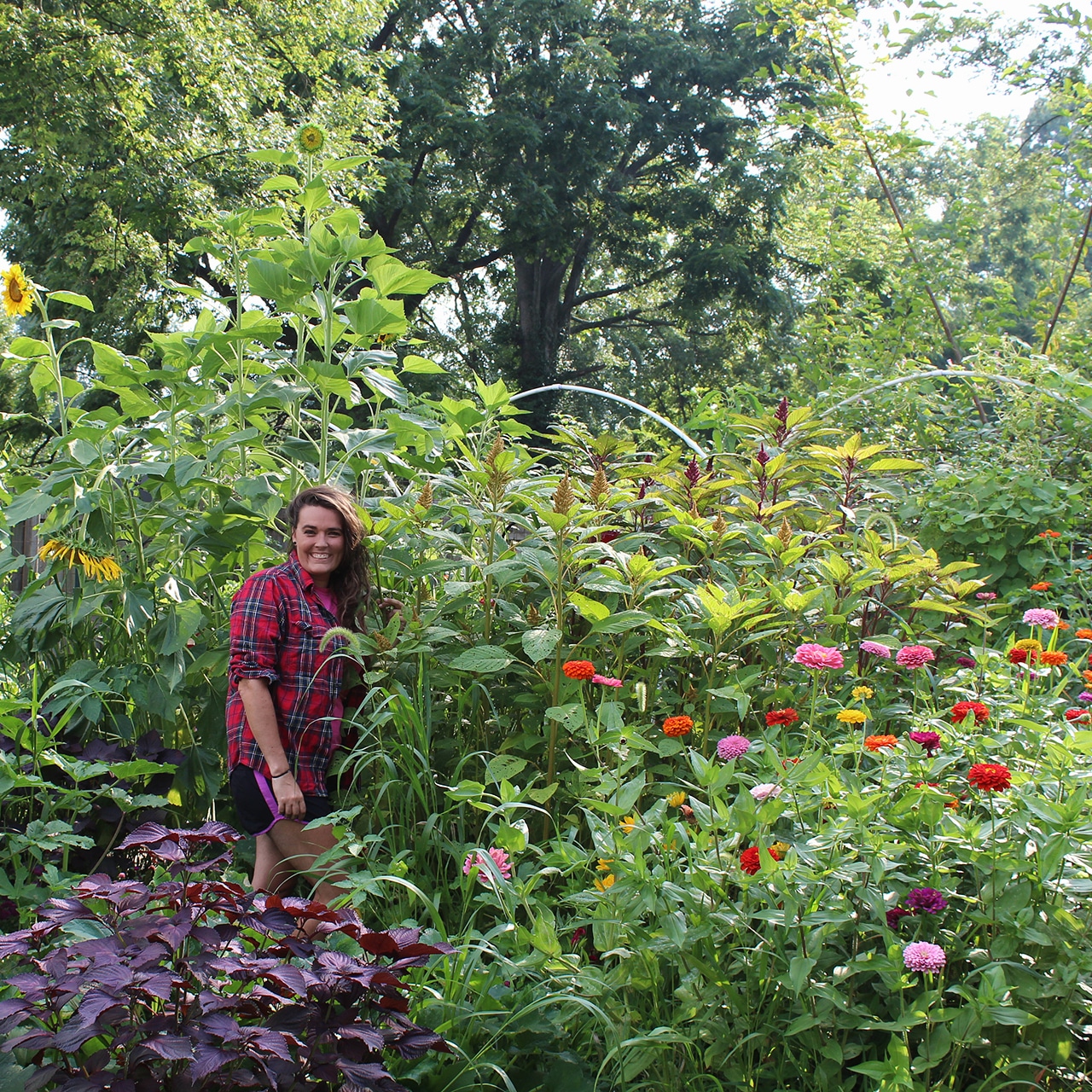Open Pollination Information: What Are Open Pollinated Plants


The process of planning an annual vegetable garden is one of the most exciting times of the year for growers. Whether you're planting in containers, using the square foot method, or planning a large-scale market garden, choosing which types and varieties of vegetables to grow is extremely important to the success of the garden.
While many hybrid cultivars offer vegetable varieties that perform well under a wide range of conditions, many may prefer open pollinated varieties. What does open pollinated mean when it comes to selecting seeds for the home garden? Read on to learn more.
Open Pollination Information
What are open pollinated plants? As the name would imply, open pollinated plants are produced by seeds that have resulted from the natural pollination of the parent plant. These pollination methods include self-pollination as well as pollination achieved by birds, insects, and other natural means.
After pollination occurs, the seeds are allowed to mature and are then collected. One very important aspect of open pollinated seeds is that they grow true-to-type. This means that the plant produced from the collected seeds will be very similar to and display the same characteristics as the parent plant.
However, it should be noted that there are some exceptions to this. Some plants, such as pumpkins and brassicas, may cross-pollinate when several varieties are grown within the same garden.
Is Open Pollination Better?
The choice to grow open pollinated seeds really depends on the needs of the grower. While commercial growers may choose hybrid seeds that have been specifically bred for certain characteristics, many home gardeners choose open pollinated seeds for a variety of reasons.
When buying open pollinated seeds, home gardeners can feel more confident that they are less likely to introduce genetically modified seeds (GMO) into the vegetable garden. While cross-contamination of seed is possible with certain crops, many online retailers now offer certified non-GMO seeds.
Sign up for the Gardening Know How newsletter today and receive a free copy of our e-book "How to Grow Delicious Tomatoes".
In addition to buying more confidently, many open pollinated heirlooms are available. These specific varieties of plants are those which have been cultivated and saved for at least the past fifty years. Many growers prefer heirloom seeds for their productivity and reliability. Like other open pollinated seeds, heirloom seeds can be saved by the gardener each season and planted during the next growing season. Many heirloom seeds have been grown for generations within the same families.

Tonya Barnett has been gardening for 13 years. Flowers are her passion. She has transformed her backyard into a cut flower garden, which she regularly chronicles on her YouTube channel http://www.youtube.com/@tonyawiththeflowers.